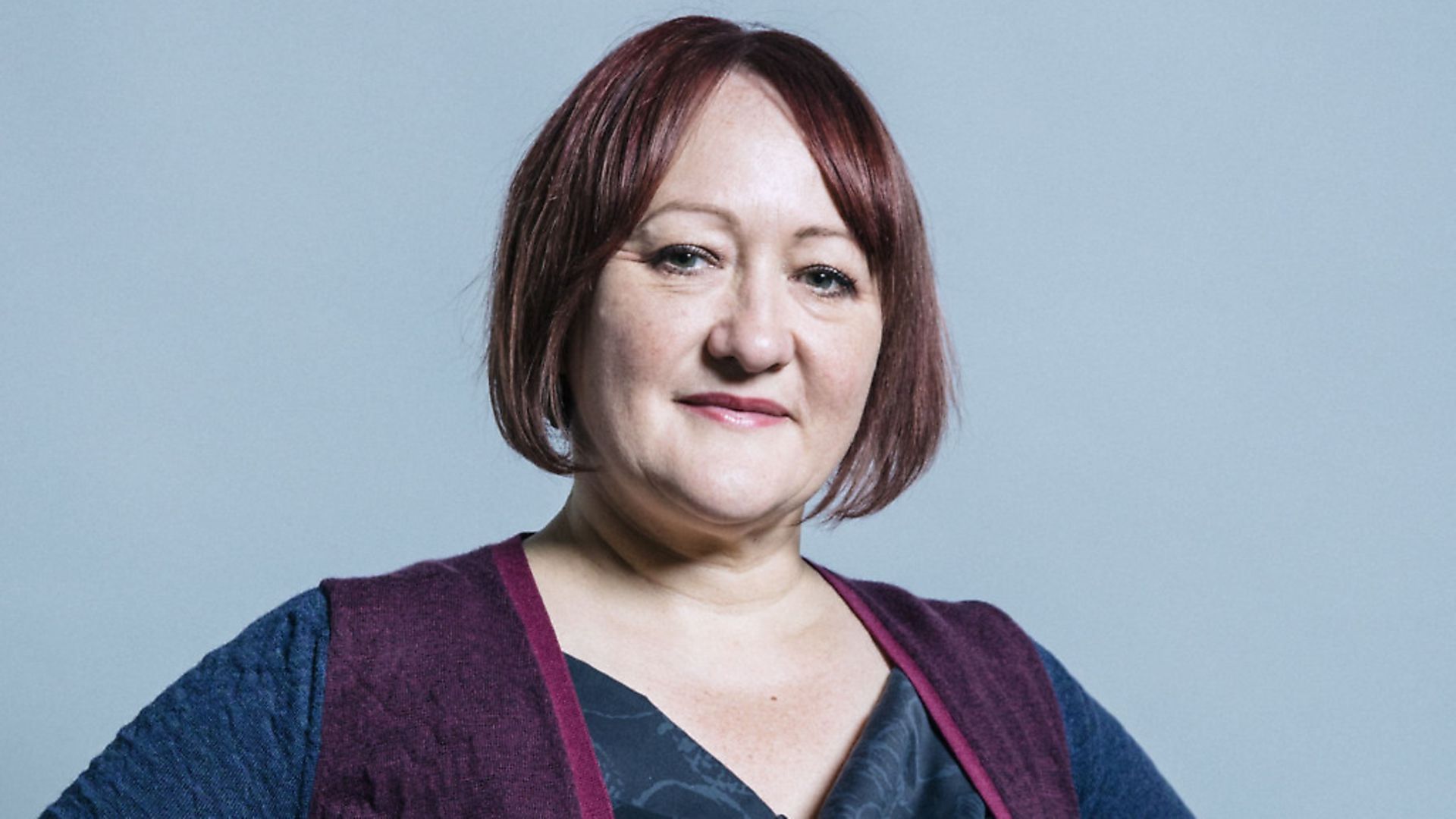
The Council of Europe is set to take on more, not less, significance for the UK after Brexit, says Labour MP Kerry McCarthy
Much has already been written about the contrast between the two events that bookend this week. Monday was Holocaust Memorial Day – a solemn day of commemoration and remembrance in its own right of course – but also a timely reminder that the European Union, and its former incarnations, have helped to keep the peace in Europe since it was founded.
An organisation based on the idea that cooperation, not conflict, was the way forward. Yet the UK has chosen to walk away from the institution, and go it alone. This is our last week as part of that collective endeavour, and on Friday, the UK will leave the EU.
Ironically enough, I’ve spent the week in Strasbourg, and I’ll be returning to the UK on Friday – Brexit day. I’ve been there as part of the UK delegation to PACE – the Parliamentary Assembly of the Council of Europe. The Council brings together 47 countries – Europe in its broadest sense. It’s not an EU institution, but we meet in the building next to the European Parliament – a Parliament that from Friday will contain no UK representation.
The aim of the Council of Europe is to uphold democracy, human rights, and the rule of law. Now that we’re leaving the EU, it seems likely that the Council will be become our main platform for British MPs and peers to engage with other European Parliamentarians.
And some of the topics we’ve talked about this week show just how important it is that we continue to work so closely with our nearest neighbours. The Social Affairs Committee – on which I sit – heard a report on ‘Left Behind Children’. What happens to the children left behind in Eastern European countries like Moldova when their parents leave to work in countries like Britain?
Some towns in Moldova have very few people left of working age – they are populated by children, grandparents and those too sick or unable to work. How does migration affect those communities? As I heard when I visited Moldova with the Westminster Foundation, the country finds it hard to attract companies and investment as there is no labour force.
We have spent so much of the last few years talking about Eastern European migration into the UK, and how it affects our country – but if we don’t talk about the impact on the countries that migrant workers have left, we are missing a big part of the picture. Engaging with our friends and neighbours on the Council offers a new perspective – and one that we cannot afford to ignore.
UK Labour MPs have recognised this and played a very active role in the Council, exerting a great deal of influence on the work of the Socialist, Democrats and Greens group with which we sit. But since December’s disastrous election result, we are a sadly depleted bunch. We lost some fantastic colleagues from the delegation on election night – Vernon Coaker, Phil Wilson, Susan Elan-Jones, and Martin Whitfield, who formerly led the delegation.
Vernon had spent the last two years leading a report on ‘Concerted Action again human trafficking and the smuggling of migrants’ which will be presented for approval to the Assembly on Thursday. It was a subject he also did great work on in Westminster.
We’re also voting this week on a report on ‘Threats to Media Freedom and Journalists Security in Europe’ led by Lord (George) Foulkes, and on a somewhat controversial report on religious freedom and belief in the workplace.
These are disparate topics but they all demonstrate the importance of cooperation with other nations in tackling problems that cross borders. Regardless of what happens on Friday, and in the ensuing transition period, we cannot cut ourselves off from our friends and neighbours.
We can leave the EU – but we cannot leave Europe. As Brexit happens, it will become more important than ever to engage with other organisations like the Council of Europe so that the UK continues to have a voice in discussions about the issues that affect us all – Leavers and Remainers alike.
Kerry McCarthy is the Labour MP for Bristol East









